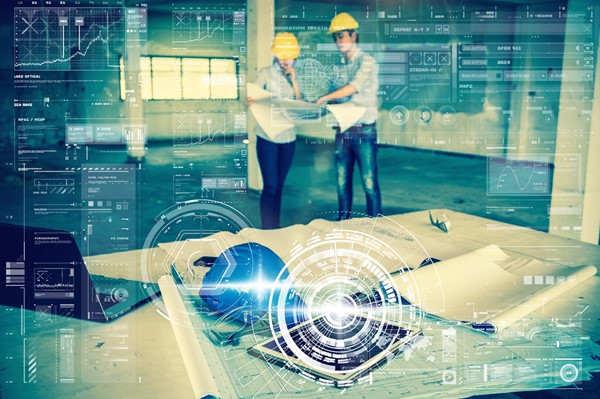While adapting to new technology is often a steep learning curve that requires a large initial investment of time and resources, pay-offs include greater efficiencies and new opportunities. The construction sector has often been slow to embrace new technology, which puts many businesses at risk of out to competitors who can offer advanced solutions. Increased use of technology in the industry doesn’t mean the end of the workforce, it simply creates opportunities for people to learn new skills and be more flexible in how they perform their jobs.
PlantMiner Co-CEO and Co-Founder, Michael Trusler, shares four technology trends that are poised to disrupt the construction industry in 2018.
Internet of Things (IoT)
IoT refers to any object connected to the internet, including machines with sensors that obtain data or use GPS tracking. Integrating IoT into construction equipment can result in time savings and financial benefits such as increased billing accuracy, as well as increasing safety for workers, through enhanced tracking and monitoring. An example of IoT transforming the construction sector is VisionLink, which integrates tracking and management software into Caterpillar machines, creating access to real-time equipment information wirelessly from the field.
Artificial intelligence
Artificial intelligence has been gaining traction across a wide range of industries, from use in chat bots handling customer service requests to virtual personal assistants like Siri. In the construction industry, smarter machines are being developed to reduce costs and improve accuracy. Construction technology using artificial intelligence will help to develop smarter sites, for example by harnessing project data to forecast budgets and resources for future projects.
Drones and unmanned aerial vehicles
Drones are becoming commonplace on construction sites, primarily for monitoring projects and surveying. However, as drones incorporate artificial intelligence their use is expanding to instantly share data and analytics from remote sites to other locations. Sharing site progress with relevant stakeholders in different locations can help to reduce travel costs, save time and improve site safety by monitoring potential hazards.
Digital marketplaces
Digital disruption is having a major impact on traditional labour, with sites such as Airtasker and Uber opening doors to employment and empowering consumers with greater choice of suppliers. Digital marketplaces designed specifically for the construction industry are helping tradespeople, suppliers and managers find the right tools and support. Purpose built platforms for the construction industry help to speed up the time it takes to find the right fit between job and supplier.
Want to comment on this topic? Click 'Have Your Say' and add your thoughts.


